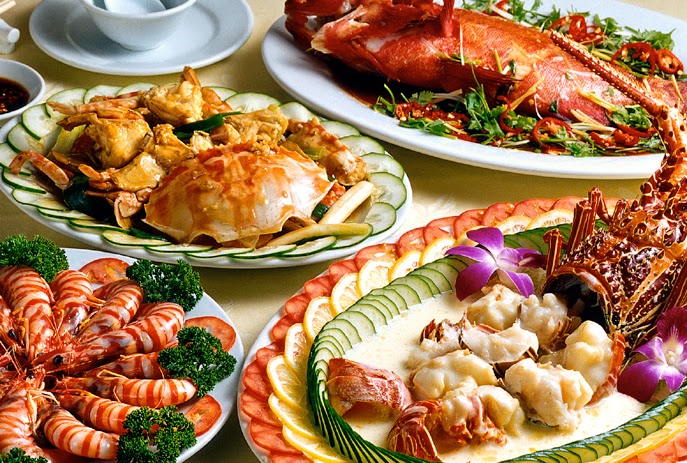The eight traits successful people have in common. Number one: passion.
Successful people love what they do. When I asked Russell Crowe what led to his Academy Award for Best Actor, he said: "The bottom line is I love the actual job of acting. I have a great passion for it".
Successful people in all of fields love what they do, whether it's astrophysicist Jaymie Matthew, author J. K. Rowling or athlete Michael Phelps. And not just big names. Margaret MacMillan, a history professor, says: "I've spent my life doing what I love". Carlos, a bus driver, sit with at Starbucks says: "I love what I do. I've only missed 3 days in 4 years". And believe it or not, even successful dentists love what they do. Izzy Novak says: "I love dentistry! I can't imagine being anything else."
But what about business? Many of you are in business, and we tend to think business is more about cold numbers than hot passion, more about logic than love, so what surprised me was how often successful business people actually use the words "passion" and "love" when they talk about their work. When Jack Welch was CEO of General Electric, he was asked if he liked his job, he said: "No, I don't like this job. I love this job".
We can have passion for a profession. Kathleen Lane, chief strategist at WorkCard, says: "I've found a profession I love". She also says: "Stress isn't working 15 hours at a job you like. Stress is working 15 minutes at a job you dislike."
We can have a passion for people. Nez Hallett III, CEO of Smart Wireless, says: "I used to be in sales, now I'm a CEO. I just love being around people."
We can have passion for a product. James Dyson, a vacuum cleaner, says: "I love vacuum cleaners and I will love them until the day I die. Yup, when he dies, they just going to cremate him and suck up those ashes with a Dyson vacuum , and place it on the shelf.
We can have passion for a particular field. Anita Roddick, the great founder of The Body Shop, once said: "I love retailing, I love buying, selling and making connections." She also said: "I don't like systems, finalcial sheets or plans." Yes, no matter how much we love what we do, there's always going to be stuff we don't love. The trick is to make sure the stuff you don't love only takes up 20 percent of your time, and stuff you do love takes up 80. If it's the other way around, we're in the wrong job.
Passion is sometimes mistaken for ambition. People call Donald Trump are ambitious, but he says: "I'm not ambitious. I just love what I do. And if you love what you do, you do a lot of stuff. And then people say: "Oh. You're ambitious""
The cold thing about passion is it turns underachieves into superachieves. I have long list of famous underachieves, like Albert Einstein, who people said would go nowhere when he was young. For instance, who said this, besides me? "I was sitting in my room being a depressed guy, trying to finger out what I was doing with my life". Turns out it was Bill Gates.





















